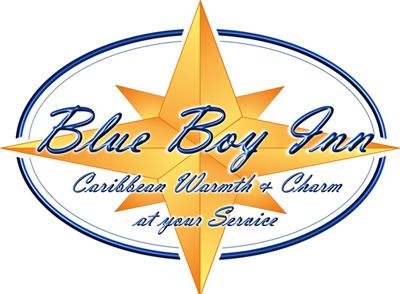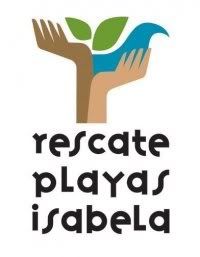ABSTRACT OF BLUE WATER TASK FORCE RINCÓN PROGRAM
The BWTF program is a volunteer-driven effort to monitor the quality of our local marine waters by regular weekly testing for enterococcus bacteria as the indicator organism of fecal contamination at the most popular beaches used by swimmers, snorkelers and surfers.
Twelve sites were chosen to be monitored for a 17 month period (Oct. 2007-Feb. 2009), with other sites added from time to time for research purposes, involving volunteers collecting 100 ml of sea water from shoreline backwash and delivering them to the Surfrider office where they were processed and bacteria counts taken using the EPA-approved IDEXX Enterolert system. The results were then disseminated by email to chapter members and published on the National BWTF database.
Very early into the program anomalous results were being found (high bacteria counts detected when no local rainfall was recorded) and so volunteers also began making observations of wind speed & direction, wave height & direction, shore current speed & direction, water clarity and visible shoreline changes, in an effort to determine the bacteria source. This aspect of the program has only been moderately successful so far, in that some intriguing patterns are beginning to develop but are not yet confirmed.
Basic program statistics: Duration: Weekly sampling was carried out for 17 consecutive months, for a total of 74 collection dates. Volunteers collected a total of 838 water samples from Rincón beaches following standard BWTF protocols and equipment. Of these, 631 samples resulted in 0 MPN (Most Probable Number of enterococcus bacteria) counts after testing. A total of 2,600 volunteers hours were logged in the collection, transportation, and lab processing of the water samples, and also includes the time necessary for record keeping and publishing the weekly results to the internet or by email.
Basic program findings, initial phase: In general Rincón enjoys extremely good water quality, with approximately 60% of test dates showing all beaches below the ‘safe’ (as defined by US EPA and PR Junta de Calidad Ambiental standards) level of 35 bacteria per sample. Thus no individual beach was found to be consistently contaminated. Approximately 10% of test dates showed ‘unsafe’ (as defined by EPA) bacteria levels greater than 104 bacteria per sample for at least half of the sites, with 50% of these dates being correlated to locally heavy rains. Therefore approximately 5% of the testing dates showed unsafe bacteria levels at most or all of the sites with no local rain recorded. Since Rincón has no major river outflow nor a Waste Water Treatment Plant (the two most usual sources of fecal contamination) capable of contaminating the entire 12 mile monitoring area, the conclusion is that this bacterial contamination is coming into our area from elsewhere. This must be regarded as a very tentative conclusion at this time, since the IDEXX test method (and thus the entire BWTF program) has a 5% margin of error which we have not yet exceeded regarding these large scale contamination events. Another conclusion is that, since by conventional reasoning enterococcus bacteria remain viable in open marine systems for at least 72 hrs, the fact that we most frequently found no significant bacteria level increase 24 hrs after local rainfall indicates that there is some mechanism in our local area (either physical or biological) that neutralizes or removes this bacteria relatively quickly. Whatever the mechanism, it has resulted in no seasonal fluctuations in bacterial levels being detected in the 17 month study.
Obviously, further monitoring and research will need to be done to even begin to answer the questions raised by these findings.
For more information, or to volunteer to assist with this program, please contact Steve at stevetamar@gmail.com
Saturday, June 13, 2009
Monday, June 8, 2009
Subscribe to:
Posts (Atom)





